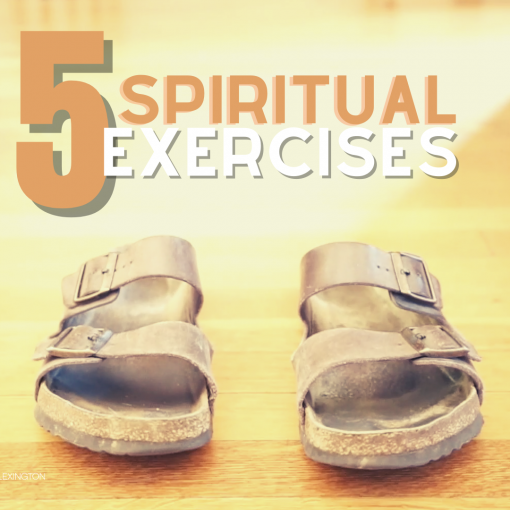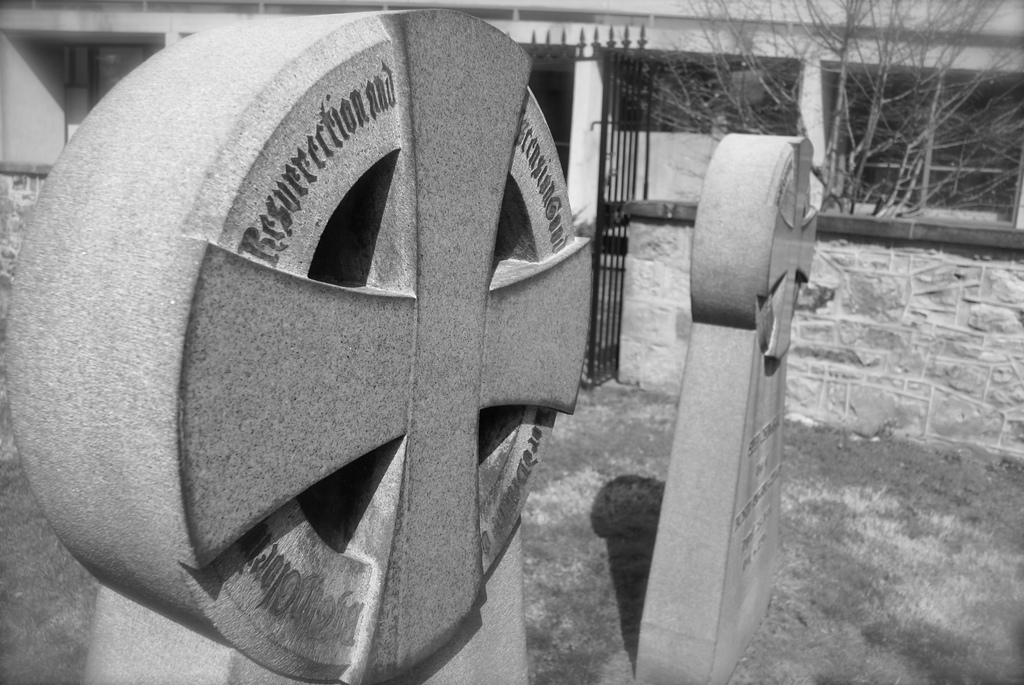I receive the daily devotionals from Richard Rohr and his “Center for Action and Contemplation.” I know many friends and a few family members who are appreciative of RR and his group’s work but I find it often very frustrating. I often agree with about 80% or more of what he writes. What often frustrates me is not not the 20% where I do not agree, but how arguments are set up and presented. Too often RR presents his interpretation as a newly re-discovered ancient truth. The title and subtitle of his most recent book manages to do both. The Universal Christ: How a Forgotten Reality Can Change Everything We See, Hope For, and Believe
This past week, however was a classic RR misdirection. Setting up a discussion of the very important understanding of the real, human, historical Jesus RR feels the need to set up a false opposition of the Creeds.
But have you ever noticed the huge leap the creed makes between “born of the Virgin Mary” and “suffered under Pontius Pilate”? [I believe in Jesus Christ…born of the Virgin Mary, suffered under Pontius Pilate…] A single comma connects the two statements, and falling into that yawning gap, as if it were a mere detail, is everything Jesus said and did between his birth and his death! Called the “Great Comma,” the gap certainly invites some serious questions. Did all the things Jesus said and did in those years not count for much? Were they nothing to “believe” in? Was it only his birth and death that mattered? Does the gap in some way explain Christianity’s often dismal record of imitating Jesus’ life and teaching?
All of those rhetorical questions are completely misleading. Were the creeds developed under the direction of emperors? Yes. Might we then call the creeds “imperial”? Perhaps. If one were to read only the creeds, would you have a misleading understanding of Jesus? Yes. Did anyone do that? Not likely.
The Creeds were not established to either create an “imperial Christ” nor were they intended to ever stand on their own. They were instead intended to establish those issues which were in doubt or highly contested at the time. The primary reason for that uncertainty on certain issues was the ambiguity of the New Testament, specifically the nature of the Trinity. The reason the life of Jesus, “the real, historical, flesh-and-blood Jesus of Nazareth,” is not detailed in the Creed is because his earthly ministry of care, healing, love, and service is abundantly clear in Scripture. While the Bible did not need the Creeds, the Creeds cannot exist with the the Bible.
What is so frustrating to me as a reader is that much of the commentary that followed is good and valuable. The institutionalization and imperialization of Christianity did result in the loss of much of the humble, servant-focused nature of the Gospel and Jesus’ ministry. (It is just not exemplified in the Creeds.) An emphasis upon “belief” can lead to a diminishment of the importance of living out the life of Christ. (Orhodoxy v. Orthopraxy.) After all, “faith without works is dead.”
But why must the valid observations be undermined by misleading or even wrong assertions? And then there is that other 20%. Unfortunately it is often so far afield that it is not worth the effort to address.






3 thoughts on “Creedal Confusion”
Good and gentle critique. My understanding is the Apostles’ (Apostle’s?) Creed is actually from early baptismal liturgy. (In seminar many of my papers focused on history, theology, practice of baptism. The topic interests me greatly.) Not so much “hey let’s summarize the faith” but “you’re about to be baptized, what do you believe?” and yeah that sounds like “let’s summarize the faith while being baptized”. Three short “I believe” statements, followed (if I understand correctly) three “I renounce” statements. I appreciate you explaining why no explicit mention of Trinity or Scripture in the Creed.
Thanks Rick! I appreciate the additional information and it does ring a bell in my memory as well. Wouldn’t you say, however, that a baptismal confession is effectively “summarizing the [your] faith”? The Book of Common Prayer’s Baptismal Covenant (pp. 304-5) is, in fact, an antiphonal recitation of the Apostles’ Creed.
I suppose I could have been more precise and said that the Creeds were “codified” or established as doctrine (is that the right word?) by the various Councils. I did not mean to imply that they, especially the Apostles’ Creed, did not have an earlier period of development.
Now, that being said, I need to go back and refresh my memory on the formation of the Nicene Creed. I am certain they did not create it “ex nihilo,” as it were, at the Council but I do not remember its antecedents.
(1) Yes, baptismal confession effectively summarizes. (2) Your wording was fine, you weren’t implying there was no period of development. And yes one could say the Apostles’ Creed was “codified” or ratified (that words gets invoked when people talk church history). Your comment prompts me to go back and check how much the Apostles’ Creed was indeed regarded as a summary of the faith that happened to be used during the baptismal liturgy.